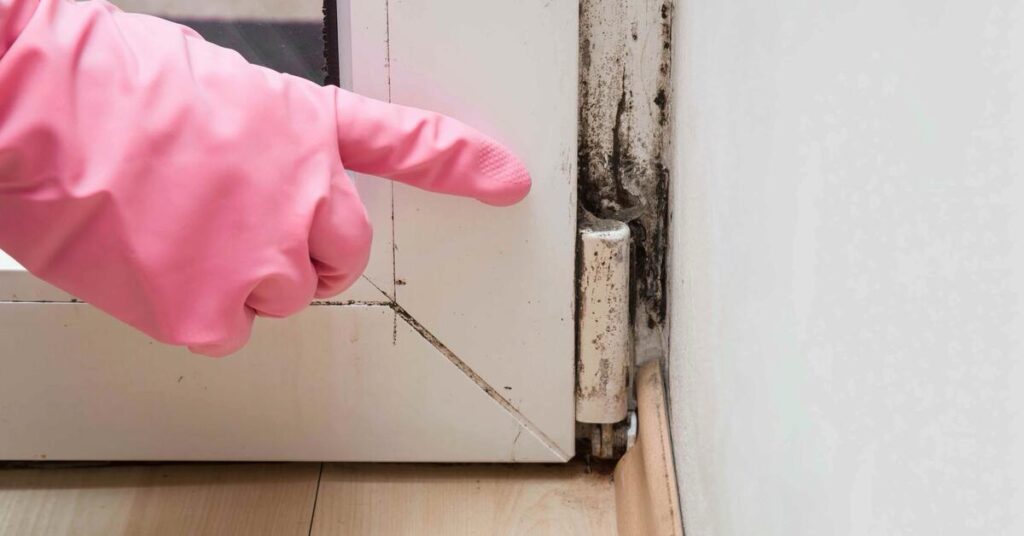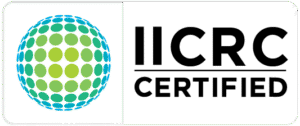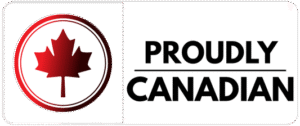Vancouver’s rainy climate creates the perfect environment for mold to grow inside homes and businesses. From basements and bathrooms to attics and crawl spaces, mold thrives where moisture is present. While some people see it as just an eyesore, mold can cause serious health issues and structural damage if left untreated. In this article, we’ll cover why mold is a problem, how to spot it, and why professional remediation is the safest solution.
Why Mold Is Dangerous
Mold is more than a surface stain. It spreads by releasing tiny spores into the air that can trigger health issues and spread to other areas of your property. The main risks include:
- Health Effects – Allergies, asthma, coughing, itchy eyes, and headaches are all common symptoms of mold exposure.
- Structural Damage – Mold feeds on drywall, wood, and insulation, weakening structures over time.
- Odor – A persistent musty smell often signals hidden mold growth.
Common Causes of Mold in Vancouver
Because of frequent rain and humidity, Vancouver homes are particularly vulnerable to mold. The most common causes are:
- Leaky roofs, windows, or plumbing
- Basement flooding or poor drainage
- High indoor humidity without proper ventilation
- Past water damage that was not fully dried
How to Spot Mold Early
Look for these signs of mold growth:
- Dark or green spots on walls, ceilings, or baseboards
- Peeling paint or bubbling wallpaper
- Warped or soft flooring
- Musty, earthy odor that does not go away
Why DIY Cleaning Isn’t Enough
Many people try to scrub mold with bleach or household cleaners. While this may improve the look temporarily, it does not solve the problem. Mold often grows behind drywall, under flooring, and inside HVAC systems. Without professional tools, spores stay in the air and mold comes back stronger.
The Novaco Mold Remediation Process
At Novaco Restoration, we follow a proven step-by-step process to ensure mold is removed safely and completely:
- Inspection – We locate visible and hidden mold with moisture meters and thermal imaging.
- Containment – We set up barriers and negative air pressure to stop spores from spreading.
- Air Filtration – HEPA air scrubbers capture airborne spores and improve indoor air quality.
- Removal – Contaminated materials are safely removed, while surfaces are cleaned with EPA-approved products.
- Drying – Industrial dehumidifiers bring moisture levels back to safe targets.
- Restoration – We repair drywall, flooring, and paint so your home looks and feels like new.
Why Choose Novaco Restoration
- IICRC-certified technicians with years of experience
- 24/7 emergency response anywhere in Vancouver and the Lower Mainland
- Advanced equipment including HEPA filters and thermal imaging cameras
- Full insurance support with detailed documentation
- Local Vancouver team that understands the challenges of our wet climate
Take Action Today
Mold won’t go away on its own. The longer you wait, the more it grows and the greater the risk to your health and property. If you suspect mold in your Vancouver home or business, don’t delay.
Call Novaco Restoration now at 604 400 4800 for a free inspection and 24/7 mold remediation services across Vancouver and the Lower Mainland.
Frequently Asked Questions
How fast does mold grow after water damage?
Mold can begin to grow within 24 to 48 hours of moisture exposure. Acting quickly reduces damage and health risks.
Do I need mold testing before remediation?
Not always. If visible growth is present, remediation can start right away. Testing is useful for hidden mold or post-remediation verification.
Can mold make me sick?
Yes. Mold exposure can cause allergies, asthma flare-ups, headaches, and respiratory issues, especially in children and seniors.
Is mold remediation covered by insurance?
Many insurance policies cover mold if it results from sudden water damage, like a burst pipe. We help with documentation for claims.
How long does mold remediation take?
Most projects take 2–5 days, depending on the size of the affected area and the level of contamination.





